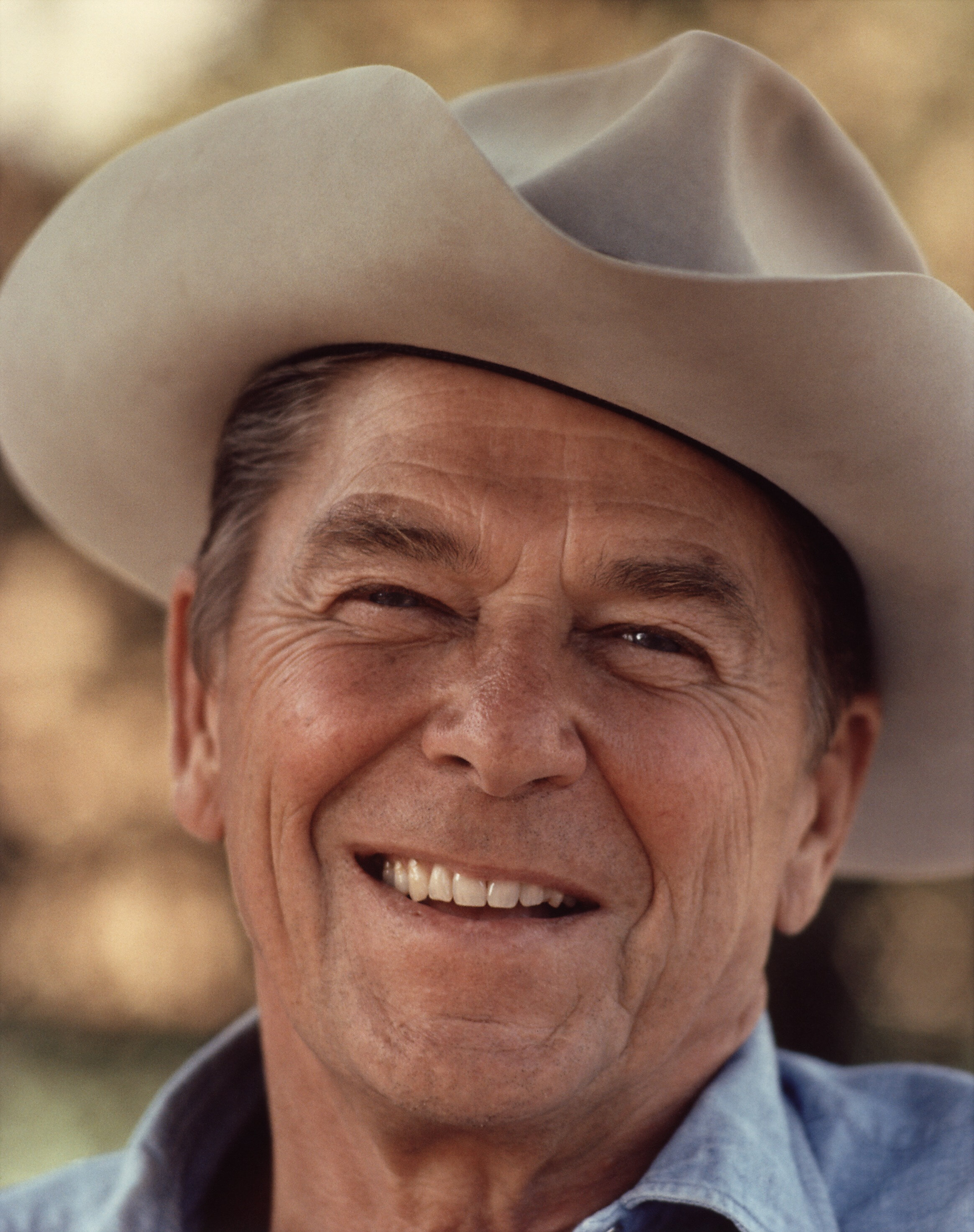President Obama has issued his Thanksgiving Proclamation for 2015. If his proclamation was our only instruction about Thanksgiving, we would think it is just about “generosity and partnership” rooted in the cooperation between the Pilgrims and Native Americans. He does make a brief mention of George Washington’s reference to God in his proclamation, and he reminds us that Lincoln called on Americans to "'commend to [God’s] tender care' those most affected by the violence of the time – widows and orphans…" Unfortunately, he refocuses Thanksgiving to be a time of “lifting one another up, enjoying time with those around us, and appreciating all that we have” – including “cheering on our favorite sports teams.” He confuses what people do on the holiday with why we, as a nation, have the holiday.
To be reminded of what Thanksgiving is about, we can look to Thanksgiving proclamations from previous presidents. This isn't about political sides. Both Democrats and Republicans have historically maintained a proper focus for Thanksgiving.
In his 1977 proclamation Jimmy Carter reminded the nation:
“Upon learning of the American victory at Saratoga in 1777, Samuel Adams composed the first National Thanksgiving proclamation, and the Continental Congress called upon the governors of every state to designate a day when all Americans could join together and express their gratitude for God’s providence ‘with united hearts.’ By their actions they extended a revered regional custom into a national tradition.”
And Carter called on “all Americans to gather on that day with their families and neighbors in their homes and in their houses of worship to give thanks for the blessings Almighty God has bestowed upon us.”
In contrast, President Obama has asked Americans to “express our gratitude by welcoming others to our celebrations and recognize those who volunteer today to ensure a dinner is possible for those who might have gone without.” To be fair, he did ask us to “give thanks for all we have received this past year” but was careful not to offend anyone by suggesting to whom we should direct that thanks.
In his 1996 proclamation, Bill Clinton did not mince words when he reminded Americans what the Day is for and to whom we should direct our thankfulness:
“Let us now, this Thanksgiving Day, reawaken ourselves and our neighbors and our communities to the genius of our founders in daring to build the world's first constitutional democracy on the foundation of trust and thanks to God. Out of our right and proper rejoicing on Thanksgiving Day, let us give our own thanks to God and reaffirm our love of family, neighbor, and community.”
However, when it comes to the most inspiring Thanksgiving proclamation, my personal favorite is Ronald Reagan’s 1985 proclamation in which he reminded Americans:
President Ronald Reagan
“…this treasured custom derives from our Judeo-Christian heritage. ‘Unto Thee, O God, do we give thanks,’ the Psalmist sang, praising God not only for the ‘wondrous works’ of His creation, but for loving guidance and deliverance from dangers....Let us thank God for our families, friends, and neighbors, and for the joy of this very festival we celebrate in His name.”
All I can say to that is, “Amen.”
Resources:
2015 Thanksgiving Proclamation
All Thanksgiving Proclamations
Gateways Thanksgiving Card for teachers




